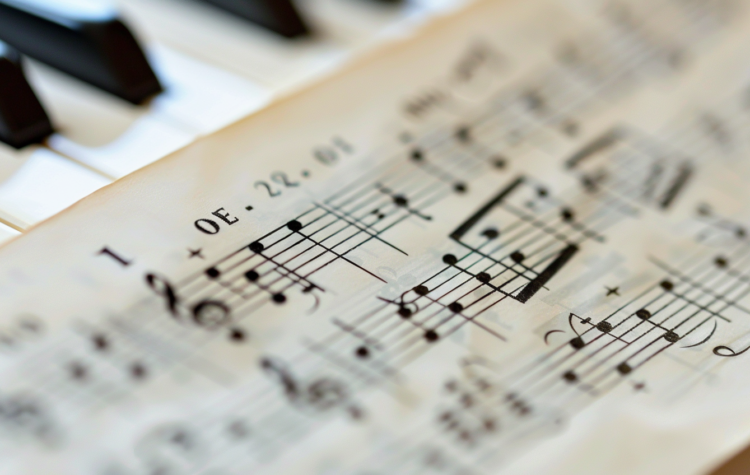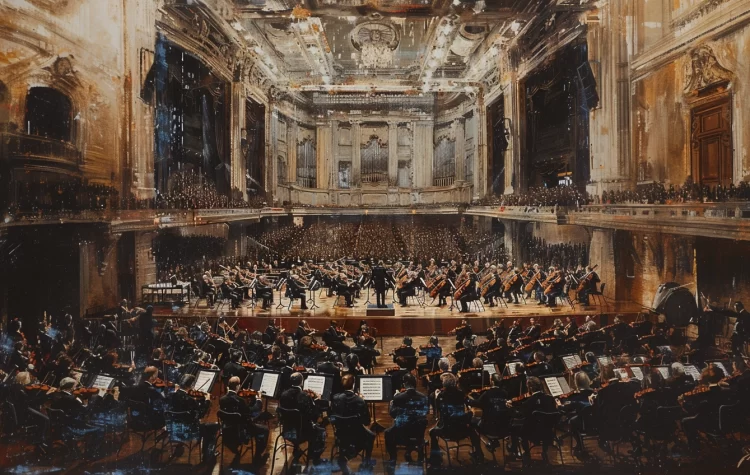- Definition: Rhythm refers to a strong, regular, repeated pattern of movement or sound. In music, it’s the pattern of beats, or the arrangement of sounds in time, creating a structure for the music. In poetry, rhythm is the pattern of stressed and unstressed syllables in a line of verse. It’s also used more broadly to describe any regular recurring motion or pattern in time in various contexts.
- Etymology and Origin:
- The word “rhythm” comes from the Greek word “rhythmos,” which means a measured flow or movement. “Rhythmos” is related to the Greek verb “rhein,” meaning “to flow.”
- The concept of rhythm as a measured flow in music and poetry has ancient origins, deeply rooted in Greek artistic and literary traditions. The Greeks understood rhythm as an integral part of music and dance, tied to the natural order and movements of the universe.
- Over time, the term has been adapted into various languages and contexts, maintaining its fundamental meaning as a pattern or flow, particularly in artistic and natural phenomena.
The term “rhythm” thus connects an ancient Greek understanding of the natural and artistic world with the modern use of the concept in various fields, emphasizing patterns, order, and flow in both sound and movement




1 comment